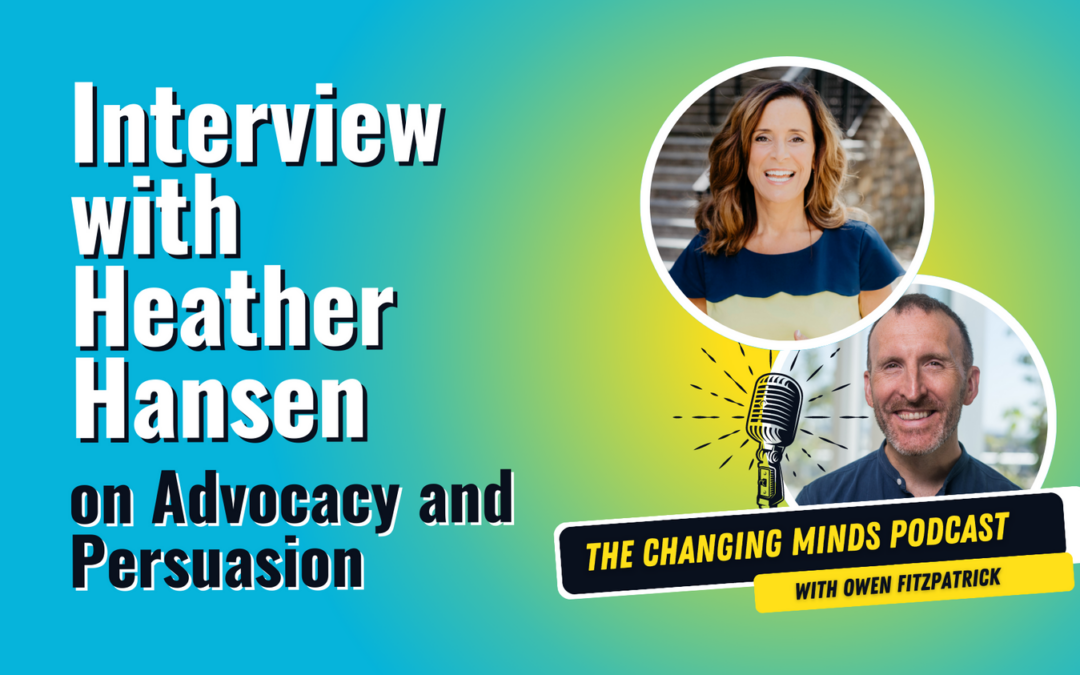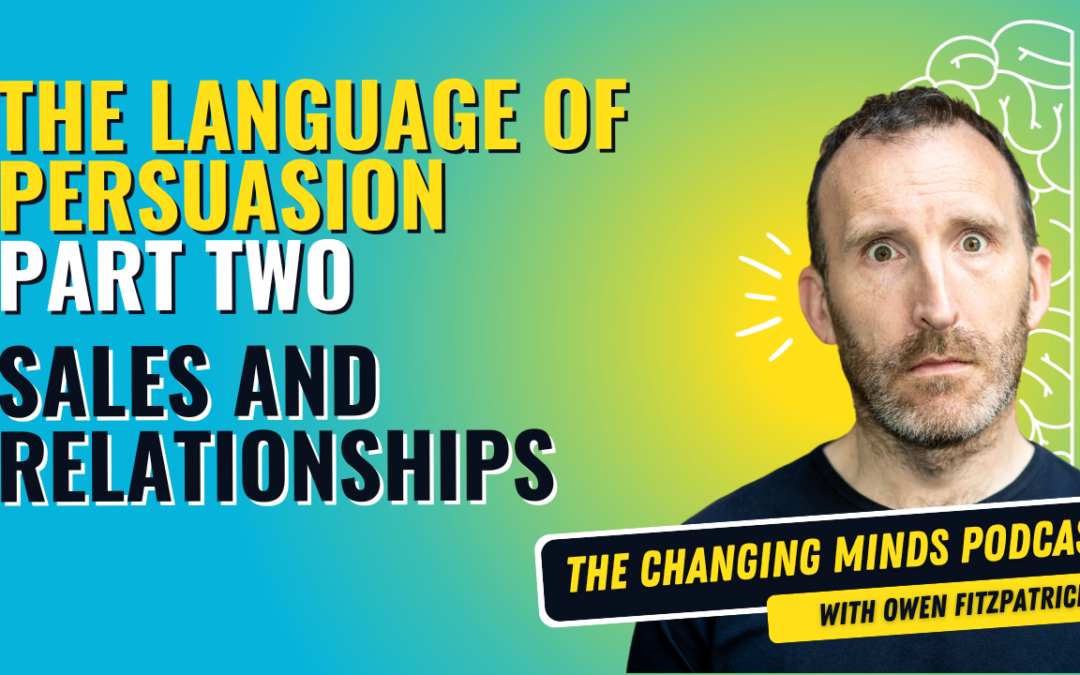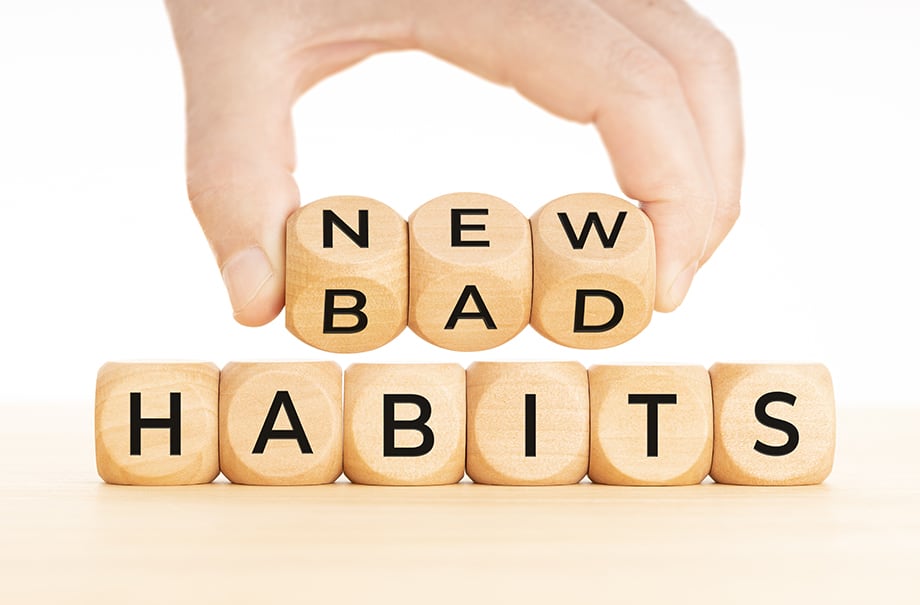In this episode, we return to Jonah Berger’s work and his great book Invisible Influence!!! Jonah Berger is a professor of marketing at the Wharton School who specializes in how social dynamics influence decision making. He is the author of multiple best selling books on influence and marketing.
Your decisions are influenced from the outside, while you are unaware of it
The hidden forces that influence us
The results seem to suggest that people prefer familiar people.
While we are not conscious of it.
Our surroundings have an influence on us while we are not conscious of it.
We humans imitate each other. At the same time we are driven to be different. We humans imitate each other. Putting social influence to work: Rewards and punishments are not as effective at influencing behavior by modeling. When waiters at high-end restaurants repeat each diner’s order in elegant and appetizing detail, not only does the perceived value of the meal increase but also the diner’s appetite, and the tip increases as much as 70%. Nothing draws a crowd like a crowd.
We tend to mirror other people’s emotions, for example, if someone smiles at us, we tend to smile back.
We also often make more complex decisions based on social influence or pressure. There are several reasons for doing so. It could be simply because we don’t have enough time to evaluate something for ourselves and thus we chose what the majority chooses, trusting that other people did a good job in filtering out the good stuff.
Blindly following other people can also lead us to make clearly wrong decisions, as one study of psychologist Solomon Asch in 1951 line study 6/7 wrong
We are driven to be different. Putting social influence to work:
- People like to be included in the elite group of likers.
- Distinction helps explain the adoption of high-end gadgets.
- Uniqueness is not wrong or right. It’s a preference derived from context.
- Working class people prefer similarity.
- People from middle-class backgrounds avoid picking popular items.
- People from working class backgrounds don’t have an aversion to fitting in.
- East Asian cultures foster more fitting in, while American culture rewards individualism.
The snob effect, when people want to stand out from the rest
Have you ever heard or made the statement “that is too mainstream”? Well, it turns out that many people want to differentiate themselves from the rest.
Two important factors in economic theory are quality and price. With those two factors, outside forces have an effect on what choices we make, but there is also the snob effect. The snob effect is a principle which states that the more the general population likes something, the less interested many of us become.
But the snob effect is dependent on our background. In general, Americans feel a stronger need to differentiate themselves while Asians care more about social harmony. Furthermore, class lines are another factor. People from the middle-class tend to be eager to set themselves apart while working class people tend to like something if many of their peers do too.
How the competing desires to imitate and to be unique play out depends on who the “other” group is. Putting social influence to work:
Trying to prove something, can be harmful
Many brands try to keep their names clean by not associating themselves with certain things.
Burberry, a luxury brand removed their characteristic Burberry pattern from their product line because groups of soccer hooligans integrated the pattern in their uniform.
Sometimes trying not to be something or someone can be harmful, though.
The most successful new products are similar but just different enough. People perform simple tasks better when others are present but perform complex tasks alone. We are constantly shaped by the people around us. Putting social influence to work:
Podcast: Play in new window | Download








